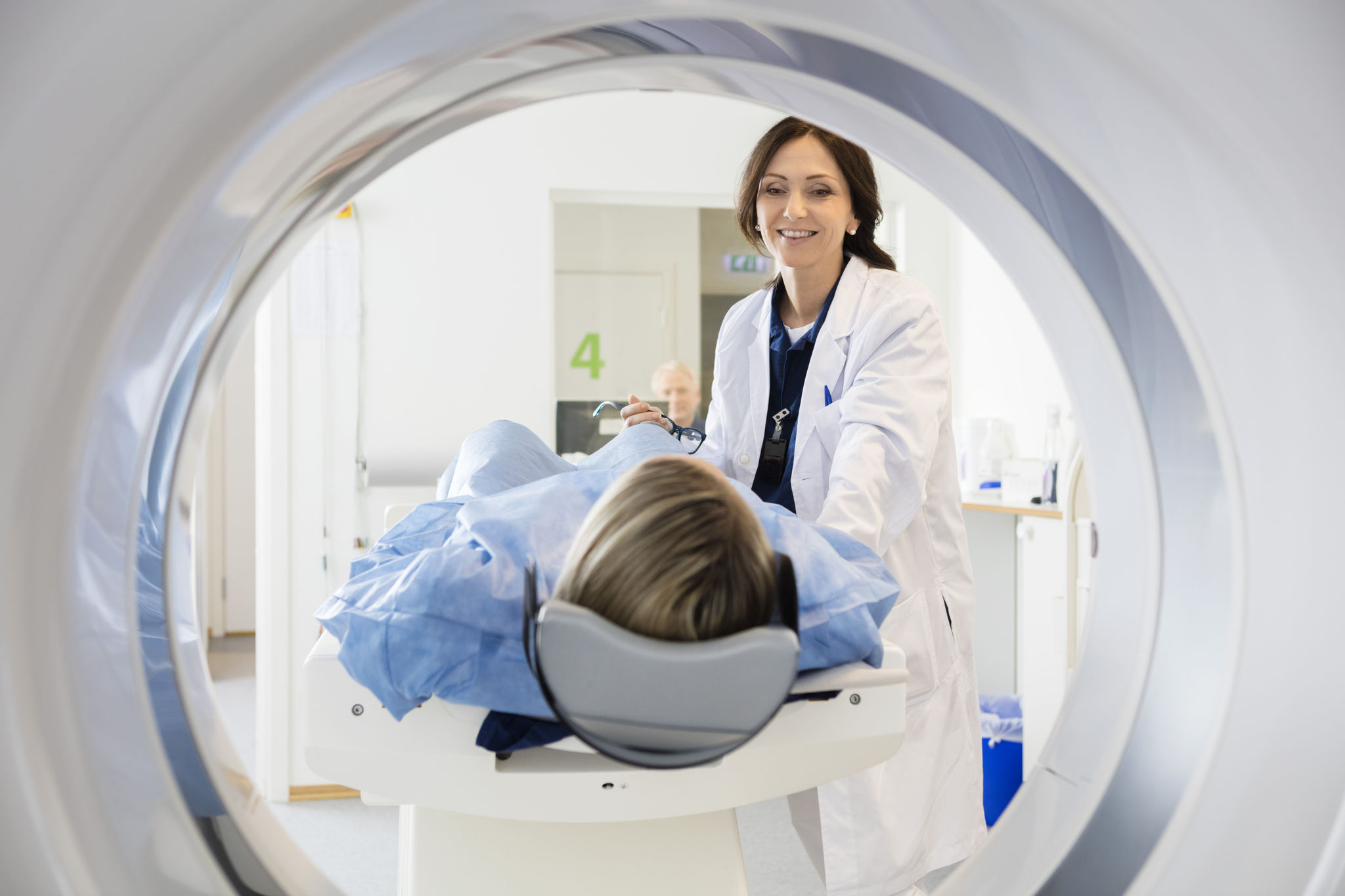Breast cancer treatments: What is hypofractionation?
Treatment for breast cancer is constantly evolving as experts seek better quality of life outcomes and higher survival rates for their patients.
Over the past thirty years, survival rates for breast cancer have increased across the world, largely as a result of improvements in treatment. Postoperative radiotherapy is a vital part of many patients' treatment for breast cancer.
Traditionally, you’d be given a total prescribed dose of radiation, which would be split into 25 small doses. These are known as fractions. Usually, you’d receive each fraction over many daily treatment sessions each week for at least five weeks. But recent research has found that there are advantages to having fewer sessions with slightly stronger doses of radiation. This idea is now known as hypofractionation.
What is hypofractionation for breast cancer radiotherapy?
Hypofractionation is where your total prescribed dose of radiation is still split, but into larger doses of fewer fractions. Hypofractionation means, your treatment can be given over a shorter time.
Several studies, including one that followed patients for 10 years after treatment, have supported this type of radiotherapy.
Hypofractionated radiotherapy is just as safe and effective as the longer courses of radiotherapy used previously.
These studies proved that patients receiving hypofractionated radiotherapy fared equally well as those receiving standard radiotherapy in terms of survival outcomes and side effects.
What are the advantages of hypofractionated radiotherapy?
Because hypofractionation treatments can be delivered over a shorter period, with higher daily doses, it offers some advantages over normal radiotherapy. These include:
- Convenience – because you need to attend fewer sessions, so you can spend less time travelling and less time in the clinic
- Shorter wait times – because treatment is shorter overall, we’re able to treat patients faster, meaning you can be seen quicker than before
Most patients receiving straightforward postoperative radiotherapy at GenesisCare now receive once-daily treatments over 5 consecutive weekdays (just one week).
As we see more evidence supporting hypofractionation, we’re hopeful to see post-surgery radiotherapy made even more effective with even shorter treatment courses, without compromising effectiveness and safety.
Personalised breast cancer care
Each year we treat thousands of patients at our specialist centres that are equipped with cutting edge technology to diagnose and treat breast cancer. We’re dedicated to providing rapid access to a professional and caring service to every patient, making it easy to get the care you need with less waiting and worrying. Find out more about our breast cancer service.

